What CBSE Board Toppers Do Differently – Learn Their Daily Routine
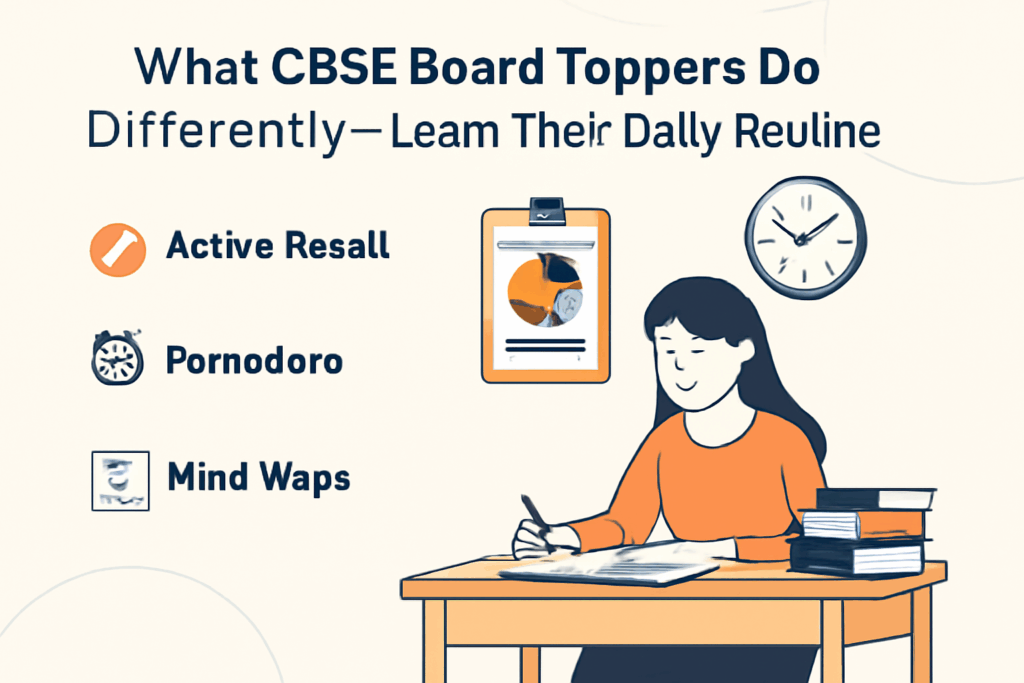
(And How You Can Apply It Too!)
Ever wonder what separates a CBSE board topper from an average student? It’s not superhuman intelligence, and it’s definitely not 12 hours of mugging up notes.
What makes toppers different is their mindset, discipline, and daily habits.
In this blog, we’ll break down the exact daily routine of CBSE toppers, backed by real interviews, study psychology, and expert observations — so you can replicate it, adapt it, and succeed like them.
🎯 What Do CBSE Toppers Do Differently?
| Average Student | Topper |
|---|---|
| Studies everything randomly | Studies based on diagnostic analysis |
| Focuses on covering syllabus | Focuses on mastering concepts |
| Studies long hours without breaks | Uses focused, timed sessions (Pomodoro) |
| Revises before exam | Revises regularly using spaced repetition |
| Avoids feedback | Seeks self-evaluation and peer review |
⏰ Sample Daily Routine of a CBSE Topper (Class 10/12)
🌅 5:30 – 6:30 AM: Wake-Up + Light Revision
- 30 mins of quick revision using flashcards or formula sheets
- Silent reading of previously learned concepts
- No new learning — just recall-based reinforcement
📌 Why it works: The brain retains better after rest, and morning learning sticks longer.
🍳 6:30 – 7:00 AM: Breakfast + Light Walk
- Boosts focus and reduces screen fatigue
📚 7:00 – 9:00 AM: Deep Study Session 1
- Focus on a difficult subject (Maths/Physics/Chemistry)
- Use Active Recall + Practice Questions
- Break after 50 minutes (Pomodoro technique)
🎯 Goal: Learn + Apply, not just read.
🏫 9:00 – 2:30 PM: School Time
- Pays full attention in class
- Asks questions, completes notes
- Uses school hours to understand, not memorize
🍽️ 2:30 – 3:30 PM: Lunch + Power Nap (20 mins)
- Helps brain recover and boosts energy for evening session
📖 3:30 – 5:00 PM: Study Session 2 – Diagnostic Revision
- Takes a topic-wise diagnostic test from [diagnosticassessment.in]
- Analyzes errors: Conceptual vs Silly mistakes
- Fixes weak areas through:
- NCERT rereading
- 1–2 sample questions
- Flashcards
🔁 This is where toppers shine — they learn from their mistakes.
☕ 5:00 – 5:30 PM: Snack Break + Light Entertainment
- Refreshes mind for final push
📘 5:30 – 7:30 PM: Study Session 3 – Creative + Writing Practice
- English / Hindi / SST writing tasks
- Practice formal letters, case-based questions, maps
- Use rubrics to self-assess answers
📱 7:30 – 8:30 PM: Dinner + Free Time (No screens after 8:30 PM)
📓 8:30 – 9:15 PM: Light Revision + Planning
- Reviews what was learned using a mind map or notes
- Plans next day using a weekly schedule or checklist
- Reads one motivational page or quote
😴 9:30 – 10:00 PM: Sleep
- Minimum 7–8 hours of rest
- Toppers protect their mental health and focus
📋 Weekly Habits of Toppers
✅ Take 1 full mock test every Sunday
✅ Revise all 5 core chapters every week using spaced repetition
✅ Keep a “Mistake Log” to avoid repeat errors
✅ Ask teachers for feedback once a week
✅ Maintain a calm mindset through meditation, journaling, or deep breathing
🧩 Tools and Techniques Toppers Use
| Tool/Method | Purpose |
|---|---|
| Active Recall | Long-term retention |
| Pomodoro Timer | Better focus |
| Mind Maps | Visual revision |
| Diagnostic Reports | Identify weak areas |
| Peer Teaching | Mastery through explanation |
| CBSE Rubrics | Improve answer writing |
| Spaced Revision Tracker | Smart revision cycle |
💬 Real Toppers Say…
🗣️ “I never studied for more than 6 hours a day, but I revised daily and tested myself weekly.”
🗣️ “I took diagnostic quizzes every Friday — they showed me what to focus on.”
🗣️ “Mind maps helped me revise entire chapters in 10 minutes.”
🏁 Final Thoughts: You Can Be a Topper Too
Toppers don’t have superpowers. They just:
- Learn with intention
- Test themselves smartly
- Fix mistakes regularly
- Plan their week like a pro
Start small. Create your own daily plan with 2 study sessions, 1 diagnostic test, and 1 reflection. You’ll be amazed at the results.


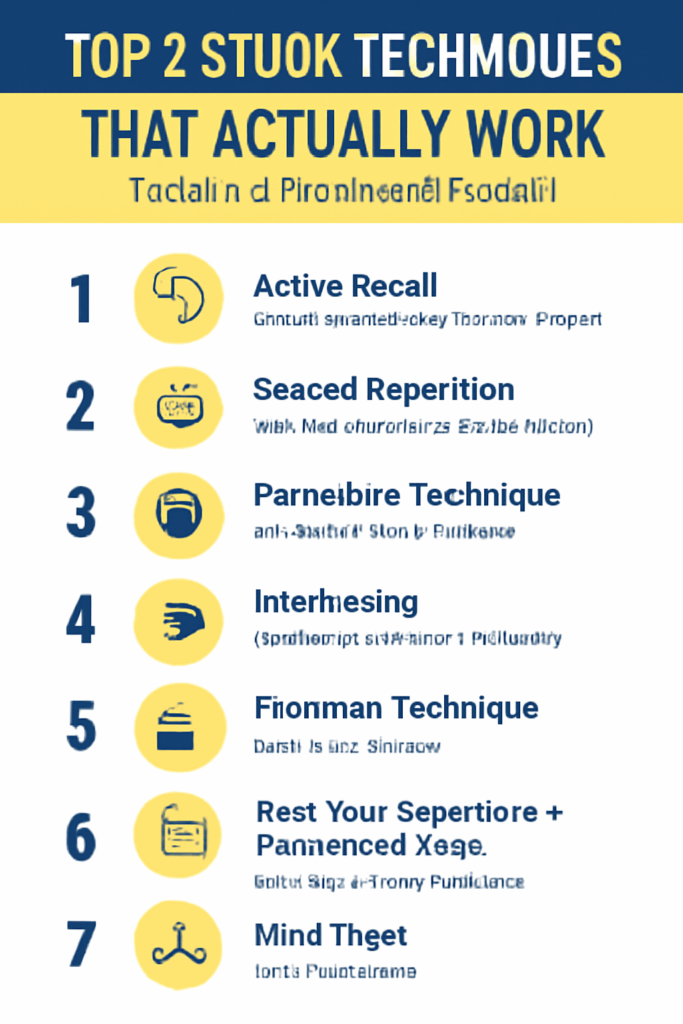
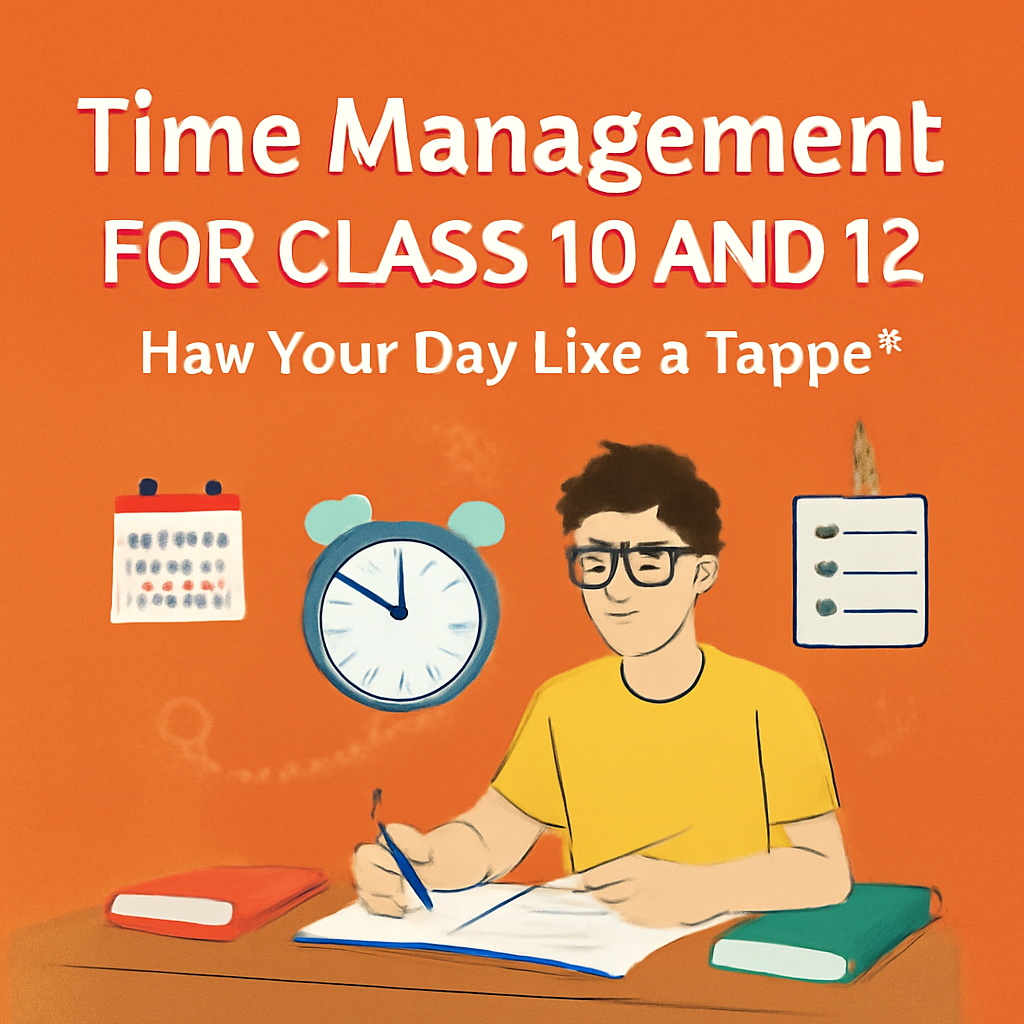
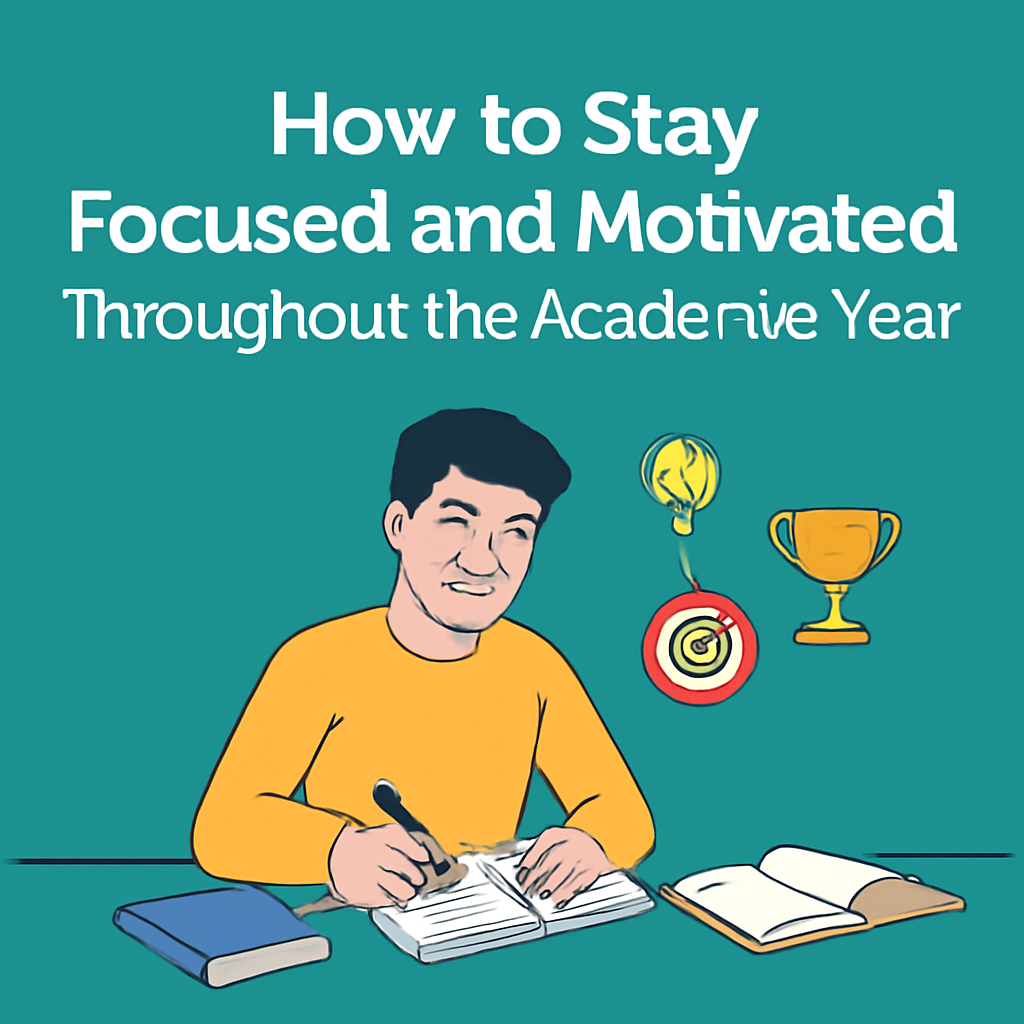

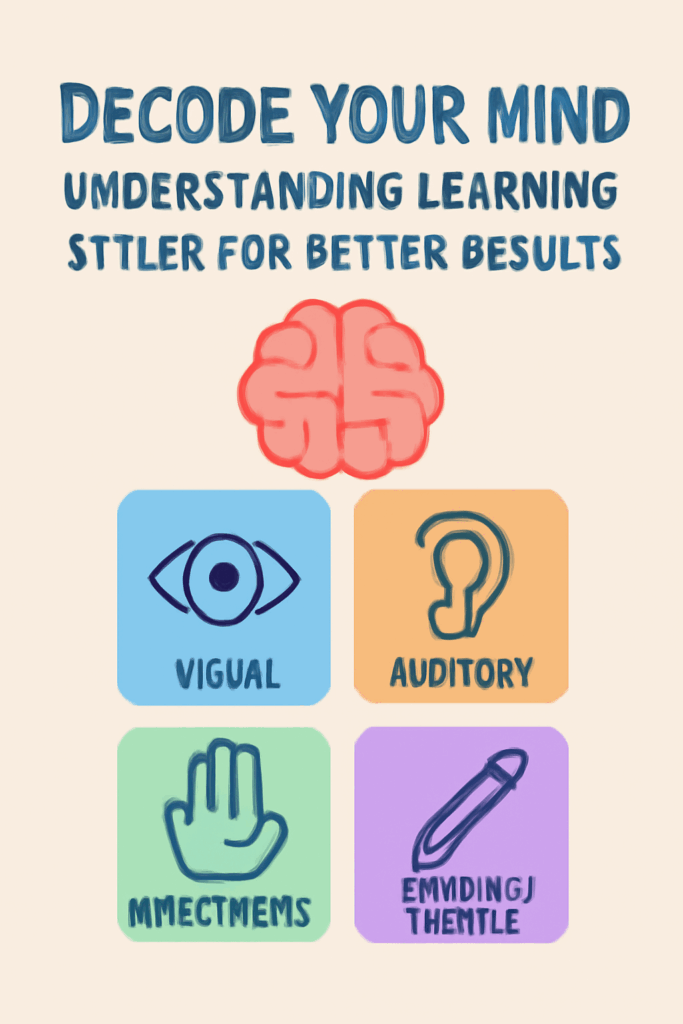
Responses